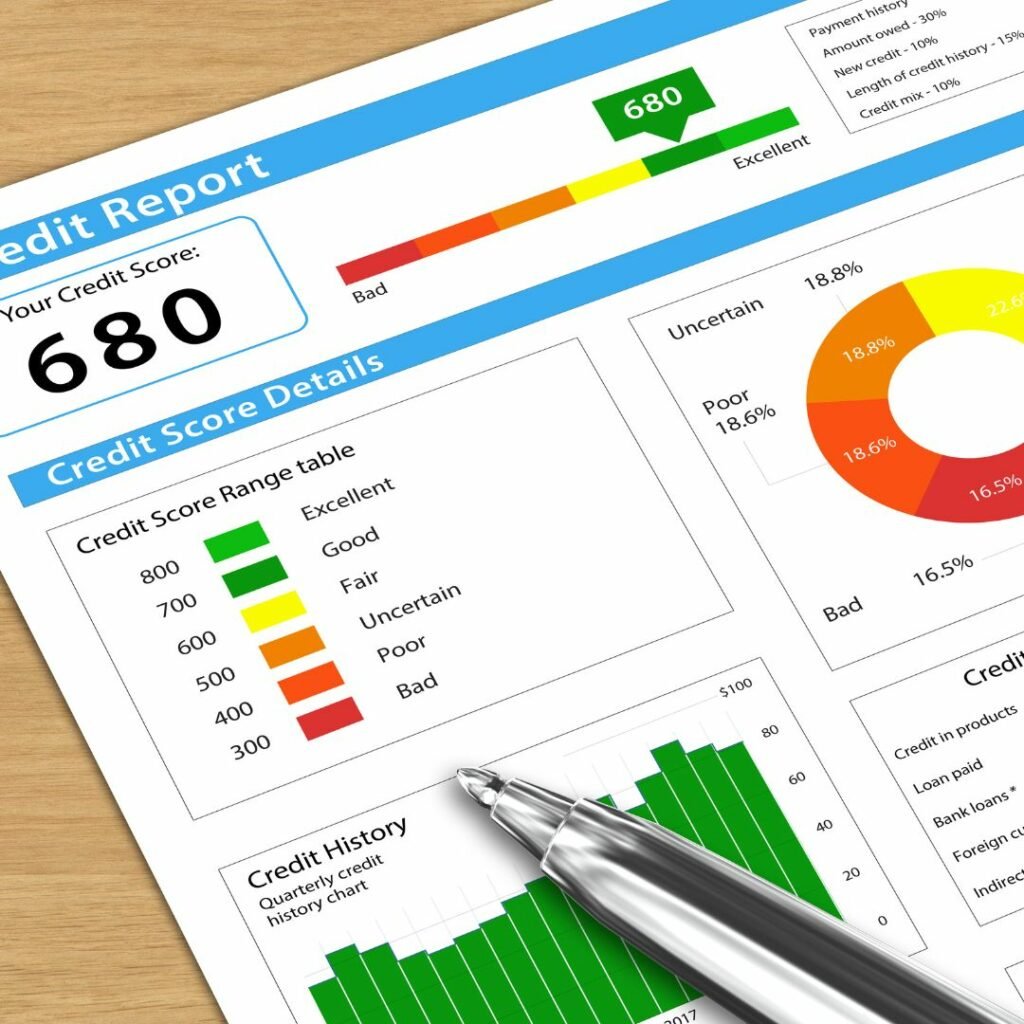Student loans will likely be one of the largest debts you will ever acquire — possibly also the first. How you handle your student loan can have a huge effect on your CREDIT SCORE and often your financial future, since your credit score determines how much you can borrow for years to come. It’s important to understand that while student loan debt does factor into your score, revolving debt (like credit cards) has a larger influence.
Student loans can have less of an immediate impact on scores than revolving accounts for several reasons. First of all, many student loans start out as just credit references that are not in repayment when they first hit your credit report. Often these loans are in deferment (not required to be paid) while you are still in school, and they don’t kick into repayment until months AFTER you stop going to school. During this time, they are showing as positive accounts but with minimal activity to fuel the scoring system.
To get your scores moving it is better to focus on developing – and properly maintaining – revolving credit or credit card references. This is because revolving lines affect credit utilization – what percentage of your available credit you are using. This measurement drives the credit score up – or if poorly managed, way down! That’s because revolving type debt has a stronger statistical correlation with future borrower performance than installment loan indebtedness, meaning it is a STRONG indicator of how risky you are. People who max their credit cards are a high risk, therefore have lower scores!
That doesn’t mean student loans lack importance. They are for slow and steady growth in your credit scores because they will likely be around for the long haul! Here a several TIPS you need to know about student loan debt.
Never default
- Defaulting on your student loan can leave a stain on your credit history for up to seven years after your loan is paid in full.
- If you declare bankruptcy, keep in mind that your student loans are seldom forgiven. Most government loans still have to be repaid.
- Contact your lender immediately if you’re having trouble making your loan payments. By contacting your lender, you show a desire to cooperate, which makes lenders more willing to work with you to find a solution.
- You may be able to arrange an alternative repayment plan with lower payments and a longer-term loan. You may also be able to defer payments or get a forbearance (pause in payment due to hardship) for a few months, but remember your loan may continue to accrue interest.
- If you can’t afford to pay the full amount, make a smaller payment to show a good faith effort.
Putting your loan in deferment/forbearance doesn’t hurt your credit. In fact, some banks will lend more easily to you if you can demonstrate that you qualify for these repayment assistance options.
- When a loan is in deferment, the lender simply reports that the account is being paid as agreed because the deferment agreement states that you do not need to make payments. This does not hurt your score.
- Deferments never last forever, so you will need to start making payments on your deferred loan again in the future. If you miss the date when payments start again, you could end up with a late payment on your credit report, which will hurt your score.
- Most lenders of federal student loans will automatically correct the derogatory credit reporting if the deferment is approved and backdated. In most cases, the lender will then fix your credit, to reflect that backdated deferment period, and the late payments may be removed from your history.
Paying your student loan off early may hurt your credit more than it helps.
- Making extra payments on your student loans can save you interest costs over the life of your loans, but paying the loan off very early could potentially lower your credit score.
- With revolving credit, the lower you keep your balance, the better it looks to creditors. This factors into your credit score, as well. However, with installment loans, there is no additional risk of potential debt, or available credit, and your monthly payment will always be the same. Your credit score doesn’t improve substantially when you pay extra on any of your installment loans. Most people don’t know that the score can actually decrease once the loan is paid off, especially if it is the only installment loan you have. This happens because you were benefiting from having more than one type of credit or having a positive account open and active.
- Although your paid-off installment loan history will remain in your credit history, it is no longer an active loan, so it figures into the scoring differently. Just as adding an installment can help your credit, paying it off can hurt you. If you pay your loan off early, make sure that you have other types of installment loans to hold your scores steady, like an auto loan, mortgage or other installment loan.
Resolving your student loan delinquency can immediately raise your credit score.
- Even though legitimate delinquent history will remain on your credit report, bringing your past-due student loan account current will reflect positively on your credit history and raise your score.
- Sometimes you can see your credit score increase as soon as a few weeks after you bring the account current. And in many instances, student loans have repayment assistance that will allow you to bring your account current without even having to make a payment.
Understanding your credit history has never been more important. Not only does your credit score affect your ability to benefit from financing, it also plays a large role in your ability to get a job, since it’s common practice for employers to check the credit history of their applicants before hiring.
If your credit score and history has suffered as result of your student loans, rest assured that there are tangible steps you can take to improve it, within a reasonable period of time. Student loans are one of the few types of credit that can return to a positive status after going to collections. It is designed to help you keep a long term positive relationship, so treat it as such.

